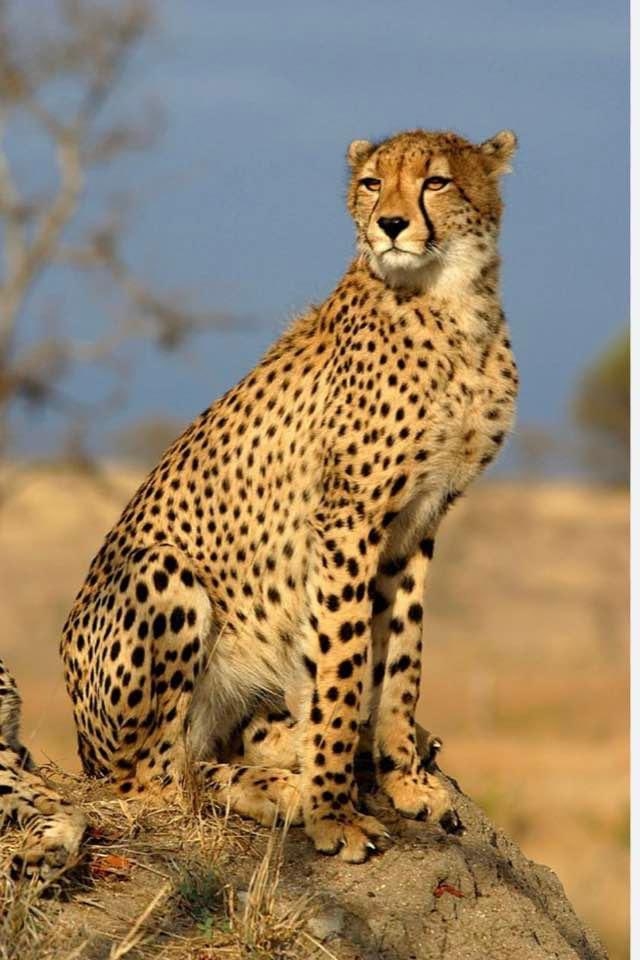Until two months back, the Cheetah Task Force Committee, comprising senior Forest and Wildlife Department officials, along with the National Conservation Authority of India (NTCA), was preparing for shifting some of cheetahs from Kuno to some other location in Madhya Pradesh.
In fact, the Madhya Pradesh Forest Department had started preparations to welcome some of African cheetahs at the Gandhi Sagar Wildlife Sanctuary (GSWS) located in Mandsaur and Neemuch districts.
The Forest Department had then also claimed that MP government has allocated Rs 26 lakh for developing grassland and enclosures.
Union Environment and Forest Ministry’s Director General, Chandra Prakash Goyal, had during a visit to Bhopal on May 15, had even expressed happiness that the Madhya Pradesh government will make Gandhi Sagar Wildlife Sanctuary ready to welcome of some felines before November this year.
Goyal had then denied the possibility of relocating cheetahs to Rajasthan.
“Gandhi Sagar Wildlife Sanctuary is the first priority and Nauradehi Wildlife Sanctuary, the largest in Madhya Pradesh, is the second preference for relocation of some of cheetahs from KNP,” Goyal had told IANS.
However, Union Environment and Forest Minister Bhupendra Yadav has now announced that the cheetahs will continue to remain at Kuno National Park.
Yadav, who has been appointed as election in-charge for Madhya Pradesh BJP, had, on his arrival in Bhopal on Friday, said, “The cheetahs will not be relocated and will remain in Kuno only.”
However, he did not elaborate much on whether the Union Environment and Forest Ministry or the NTCA, the nodal agency of the ‘Project Cheetah’, has dropped the plan to relocating some of cheetahs, and if so, then when?
The Union Minister’s statement also came as a surprise to the MP Forest Department. Asked to comment, a senior state Forest Department official said: “We can’t say much on this, only the minister can clarify, but yes, the MP government is making Gandhi Sagar Wildlife Sanctuary to get ready within next six months.”
The uncertainty on relocating cheetahs came close to purported lack of transparency on reasons for the recent deaths of male cheetahs Tejas and Suraj.
In absence of clarity, one assumption is that the reason for the cheetahs’ death could be septicemia from the radio collar. However, forest officials and wildlife experts were also puzzled over the deaths of Tejas and Suraj and the monitoring team at KNP has been directed to check all the cheetahs, if the radio collar is affecting them.
Wildlife experts IANS spoke too expressed shock on whether the radio collars fitted on neck of cheetahs could be the reason for their death.
“The radio collar system is being used in wildlife conservation for around 25 years in India, but we never come across such situation. It would be very shocking, it is the reason for the cheetahs’ death,” a retired MP Forest Department official said.
A total of 20 cheetahs were released at the KNP in two phases – eight Namibian cheetahs on September 17 last year and 12 South African big cats on February 18 this year. Out of these, five have them have died, while three out four cubs borne to Namibian female cheetah Siyaya also died. Hence, a total eight cheetahs died in the last five months.
–IANS
pd/vd

































